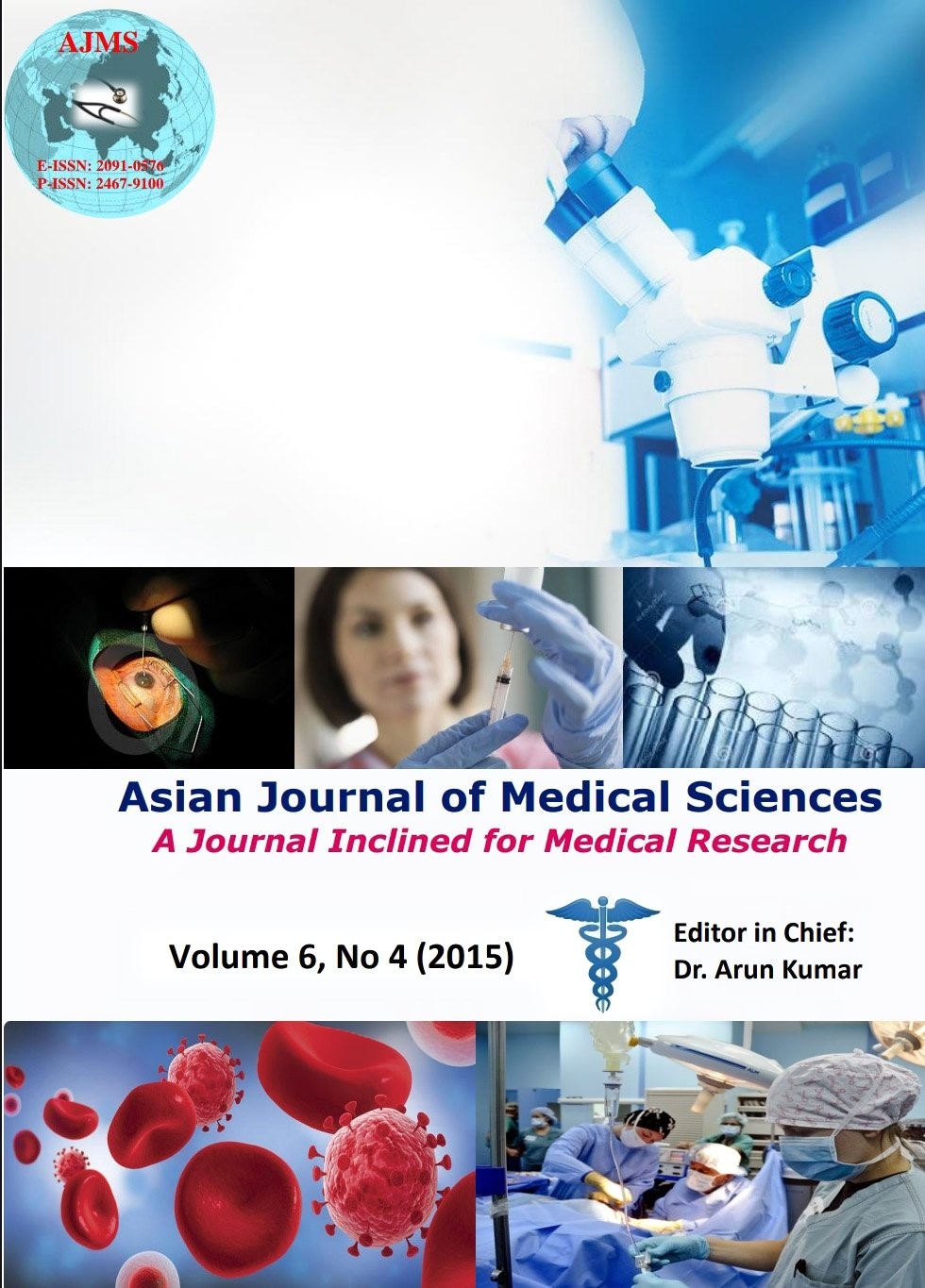Effects of Topical Honey Dressing in Decubitus Ulcer
Keywords:
antibacterial properties of honey, effect of honey on bedsore, bedsore and honey.Abstract
Background: The medicinal properties of honey have been recognized since antiquity. Although used as an adjuvant method for accelerating wound healing from ancient times, honey has been sporadically used in the treatment of wounds. Many researchers have shown that honey exerts antibacterial activity against various organisms, including both Gram-positive and Gram-negative bacteria. This study was done to compare the effectiveness of honey and Povidone iodine in wound healing in Decubitus ulcers.
Material & Methods: We conducted a prospective hospital based study of 40 patients with bed sore. Patients were selected considering the inclusion and exclusion criteria. 20 patients (Group A) had honey dressing and another 20 patients (Group B) had Povidone iodine dressing. We compared the wound healing status and bacteriological profile between day 1 and day 10 in both the groups.
Result: The pain score decrement was significant in honey dressing group but the reduction in size of the wound was not significant. The bacteriological profile was more or less similar in both the groups.
Conclusion: The antibacterial properties of honey, the cost effectiveness, easy availability, reduction in size of wound and more so the significant reduction in pain reveal that honey can be a safe, satisfying, cost effective topical dressing material for decubitus ulcers in general medical and surgical words.
DOI: http://dx.doi.org/10.3126/ajms.v6i4.11616
Asian Journal of Medical Sciences Vol.6(4) 2015 99-101
Downloads
Downloads
Published
How to Cite
Issue
Section
License
Authors who publish with this journal agree to the following terms:
- The journal holds copyright and publishes the work under a Creative Commons CC-BY-NC license that permits use, distribution and reprduction in any medium, provided the original work is properly cited and is not used for commercial purposes. The journal should be recognised as the original publisher of this work.
- Authors are able to enter into separate, additional contractual arrangements for the non-exclusive distribution of the journal's published version of the work (e.g., post it to an institutional repository or publish it in a book), with an acknowledgement of its initial publication in this journal.
- Authors are permitted and encouraged to post their work online (e.g., in institutional repositories or on their website) prior to and during the submission process, as it can lead to productive exchanges, as well as earlier and greater citation of published work (See The Effect of Open Access).




